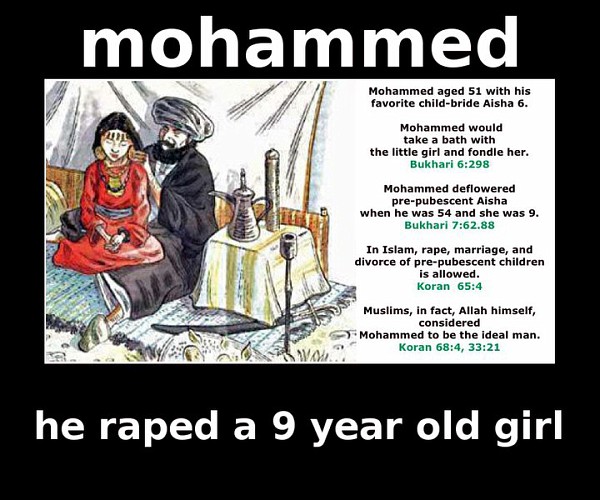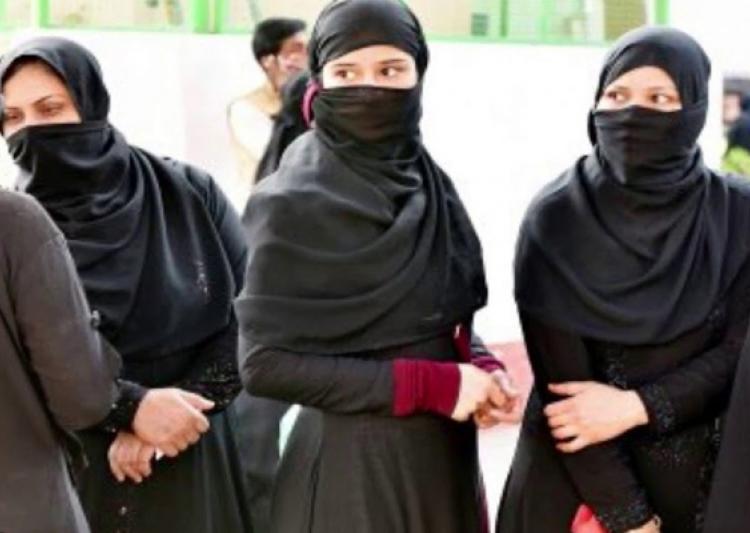Oslo Police Declare “We Have Lost the City”…Islam Has Taken Over

Yes, mans, you CAN have sex slaves: Outrage as British Muslim cleric at mosque where Cardiff jihadis were radicalised tells teenagers that ‘captives’ are permissible under Islam …


Islam (Arabic: الإسلام, Al-Islam (Submission) ) is a religion that believes in one God (Allah).All of its teachings and beliefs are written out in the Quran (also spelled Qur’an or Koran), the holy scripture of Islam.

LGBT in Islam is influenced by the religious, legal, social, and cultural history of the nations with a sizable Muslim population, along with specific passages in the Quran and hadith, statements attributed to the Islamic prophet Muhammad.

MUHAMMAD, AISHA, ISLAM, AND BRIDES. by Silas. NOTE. I needed to edit and correct this article because I’ve learned some new details. Initially, I believed what many Muslims asserted: Muhammad sexually consummated his marriage to the nine Aisha following her first menstruation.

Commentary on the Koran and Islam. Mohammed promised his followers seven heavens in which: They are to cohabit with demure virginsas beauteous as corals and rubiesfull-breasted maidens for playmatesin the gardens of delight.


MUHAMMAD, ISLAM, AND SEX. by Silas “The Prophet of Allah liked three worldly objects – perfume, women and food.” Since 9/11 Islam has been in the news and its founder, Muhammad, is often mentioned. And rightly so, for he is the hub of
Teeny fucks her way into a party world


World religions Menu Islam: The second largest world religionand growing. About Islam: Islam is the second most popular religion in the world.
Sources of influence. There are four sources of influence under Islam for Muslim women. The first two, the Quran and Hadiths, are considered primary sources, while the other two are secondary and derived sources that differ between various Muslim sects and colleges of Islamic jurisprudence.